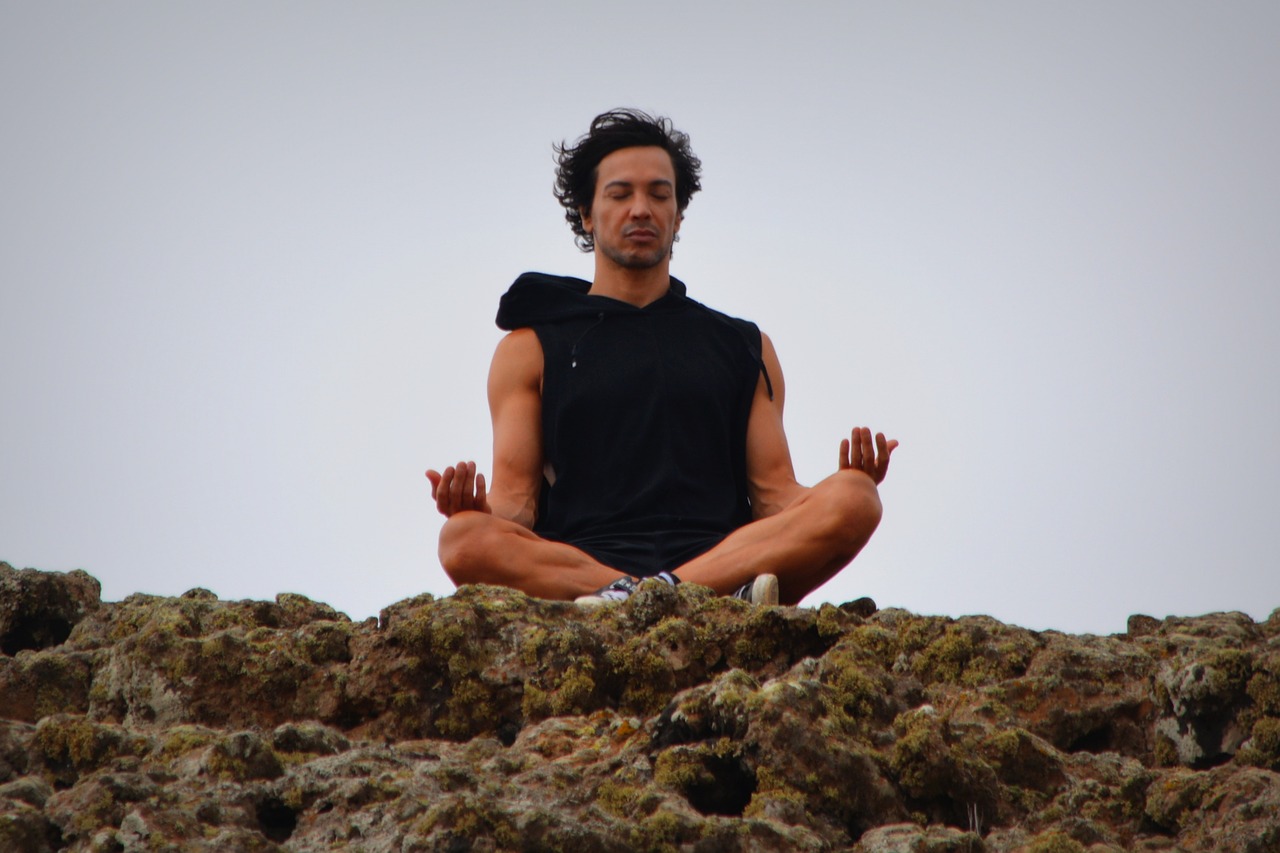
I chose Headspace for my test run. It allows users to set reminders to meditate, and receive up to five “Mindful Moments” per day. These are daily messages to keep you mindful throughout the day. Sample moment: “Thinking is important. Not thinking is even more important. What would it be like to experience a quiet mind? Find time to meditate today.”
No matter which app you choose, the process is similar. Find a quiet place, sit comfortably on the floor or in a chair. Breathe. Notice the background noise around you. You might observe that your mind is racing: making lists, planning your afternoon. Acknowledge the thoughts and let them go.
As with any new habit, doing it in the same place and at the same time every day will help seal the habit. Andy Puddicombe, the 42-year-old founder of Headspace (and a former Buddhist monk), suggests that morning is the ideal time. But if you are the type of person who wakes up refreshed and relaxed, the afternoon or evening might be a more useful time for meditation. Andy advised me during my first 10-minute mediation session: “If the mind wants to think, let it think. If it wants to be busy, let it be busy. Have no sense of effort or control. Let the mind do whatever it wants to do.” I have to admit: it was a relief to not have to work so hard.
Does it Work?
Most people meditate to reduce stress. According to the American Psychological Association, stress is linked to the six leading causes of death in the U.S. – heart disease, cancer, lung ailments, accidents, cirrhosis of the liver, and suicide. Jon Kabat-Zinn’s MBSR center offers 8-week courses that promise registrants “reductions in medical and psychological symptoms.” A study at UCLA suggests that mindfulness meditation improves brain connectivity.
Did it work for me? Yes. At the very least, mindfulness meditation is a form of self-care, and I believe that taking 10 minutes to do anything for yourself is a worthwhile task. However, I find sitting still for 10 minutes, alone with my thoughts, to be pretty terrifying. I’m a Type A list-maker at heart and when my mind wandered, I was quick to judge myself for not being “good” at meditation. It was as if Andy could read my mind. During my next session he advised: “Gently stay with it [meditation] each time. Sometimes it will feel easy, other times it will feel hard.” He was right. And in the end I did find some compassion for myself, which translated into compassion towards the people I spend most of my time with: my family. Still, the 10 minutes of shavasana at the end of my regular yoga class is probably enough to satisfy my urge to meditate.
Was it Worth the Time?
Meditation is challenging, and challenges can teach us a lot about how little we know and how much we have to learn. Trying to control your thoughts is extraordinarily difficult. Learning to take responsibility for your state of mind is manageable. Practicing mindfulness for 10 minutes a day can allow you to transform yourself into a more patient, focused, peaceful person. That’s a pretty good return on investment.


